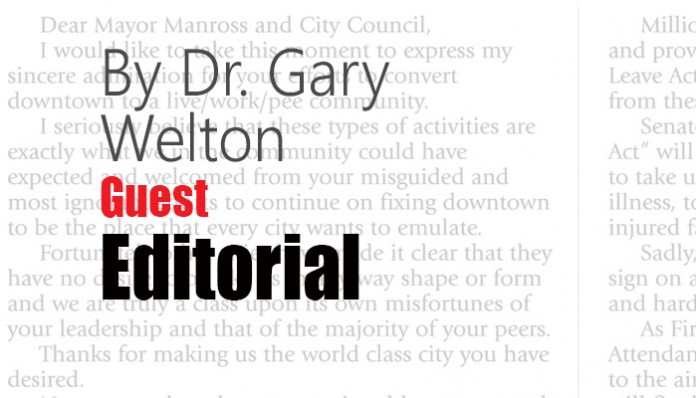It seemed like a good idea. Prepare a national news broadcast that parents can watch with their children without fear of trauma, nightmares, or lewdness. If I can watch the news with my children, then I have a natural opportunity to discuss issues and problems of the day, encouraging my children to be informed consumers of current events. This experiment of family-friendly news became the policy of certain news outlets in the 1990s, but was quickly co-opted by Bill Clinton and Monica Lewinsky. The Clinton sex scandal took the national news in directions that were not family friendly—never mind the fact that there are certain subjects that I myself as an adult do not want to think about while I am eating my dinner. The “family-friendly news era” was so short that when I search for the term today, I get only 19 hits.
Of course, news has never been entirely family friendly. Television news has always covered stories of fatal airline disasters, bridge failures, devastating storms, African famines, and military conflicts. The reality is that our world is not always family friendly, and part of my parental responsibility is to guide and teach my children about threats, dangers, and wise ways to protect oneself.
That being said, the news over the last 20 years has been far from family friendly. We’ve seen images of airplanes intentionally flying into buildings, Americans choosing to jump from those towering infernos, and skyscrapers collapsing before our eyes. We’ve seen bombings at iconic events like the Boston Marathon. We’ve watched live military battles in the Middle East.
Obviously, the media make many choices in which they edit harrowing images. The stories we have seen of late from Syria have been horrifying, yet only cover a small part of the actual atrocities in cities like Aleppo. The realities around us are not family friendly; neither are they adult friendly. I wish I did not need to think about the intense struggles that occur around the world and within our own cities and towns. Nevertheless, as an American adult, I need to be informed, in spite of my natural desire to just think in terms of personal peace and affluence.
A recent example comes from October, when the release of president-elect Donald Trump’s lewd statements on a bus several years ago forced the national news to cover stories of selfish sexual fantasy. Jimmy Carter’s 1976 quote to Playboy (“I’ve looked on a lot of women with lust. I’ve committed adultery in my heart many times”) pales by comparison to some of the things being covered today.
One of the focal points on colleges and universities across America today is the issue of sexual assault. The issue is being framed as a violation of Title IX. According to a Huffington Post story, there are 315 colleges and universities under investigation for Title IX issues; many of these focus particularly on sexual assault. At the very point in time when we are trying to teach our young men dignified, mature, and legal means of interacting with young women, we are hearing news stories about lewd speech.
It just became that much harder to parent mature boys and men in our modern culture.
Where has our society come, and where is it going? Although Christianity is a strong and growing force on several continents, the secularization of America is evident in our national surveys and in our daily lives. It is unreasonable for me to expect my secular neighbors to adhere to my own moral standards and mores. In fact, as our country becomes increasingly secular, we are finding that our national morals have degraded. Carter’s once-shocking 1976 admission of his private thoughts have been replaced by verbal descriptors of lewd sexual talk, creating negative role models.
Today’s news is not family friendly. I hope and pray that we can take the stories of 2016 and establish more positive norms and mores of decency, civility, and love for our neighbor. We can do it but we’ve got our work cut out for us.
— Dr. Gary L. Welton is assistant dean for institutional assessment, professor of psychology at Grove City College, and a contributor to The Center for Vision & Values. He is a recipient of a major research grant from the Templeton Foundation to investigate positive youth development.





